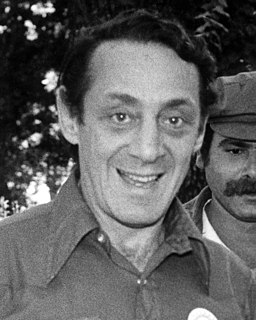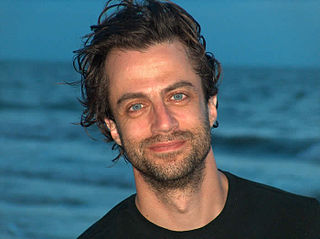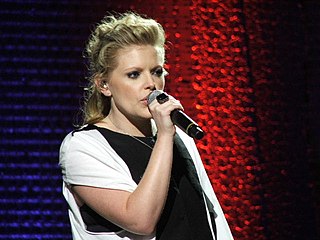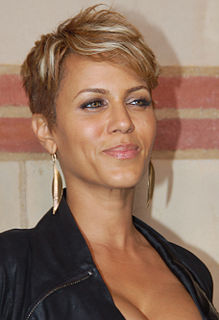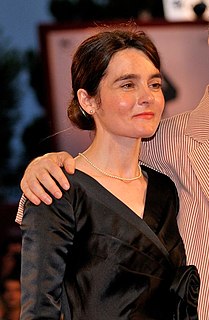A Quote by Salim Akil
You can't protect your children from life.
Quote Topics
Related Quotes
Win by losing. Before your outer walls break, as break they must, build an inner place to protect your truth. Protect that you are infinite life, choosing its playground; protect that the world you know exists with your consent and for your own good reasons; protect that your purpose and mission is to shine love in your own playful way, in the moments you decide will be most dramatic.
Let me have my tax money go for my protection and not for my prosecution. Let my tax money go for the protection of me. Protect my home, protect my streets, protect my car, protect my life, protect my property...worry about becoming a human being and not about how you can prevent others from enjoying their lives because of your own inability to adjust to life.
The truth is, anyone who puts so much of herself and her life into art as you do must naturally fear any failure in that art as a potential threat to your life. And so you protect your art more than you protect your health or the common forms of happiness the rest of us have. And you probably have this in common with every artist you admire.
What could you do better for your children and your children's children than to record the story of your life, your triumphs over adversity, your recovery after a fall, your progress when all seemed black, your rejoicing when you had finally achieved? Some of what you write may be humdrum dates and places, but there will also be rich passages that will be quoted by your posterity.
I've always been an environmentalist, but my life changed the day I had children. I realized that I wasn't doing enough to protect the planet. People need nature, and of course I want my children to have the best possible opportunity in life. I also realized how important it was for me to raise them to be conscientious people that are aware of their impact on the earth.
One of the reasons why we started the Green Belt Movement is to work with these ordinary peasant farmers so as to educate them that, despite the fact that they are poor, it is in their interest to protect the soil that they have, to protect the forest they have, to protect the land that they have, because if they don't do it, things can be only worse tomorrow for them for them and for their children.




